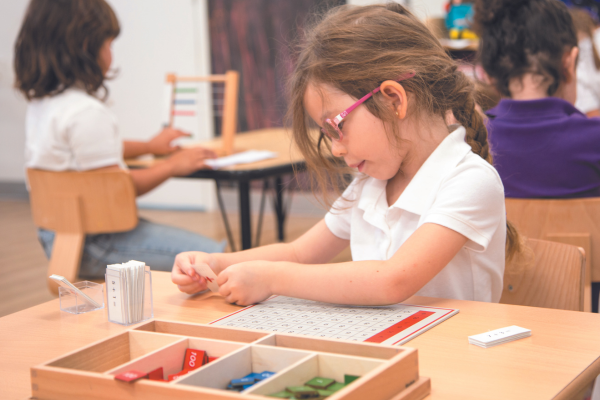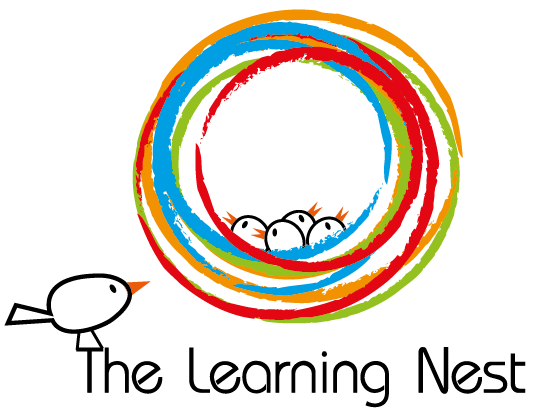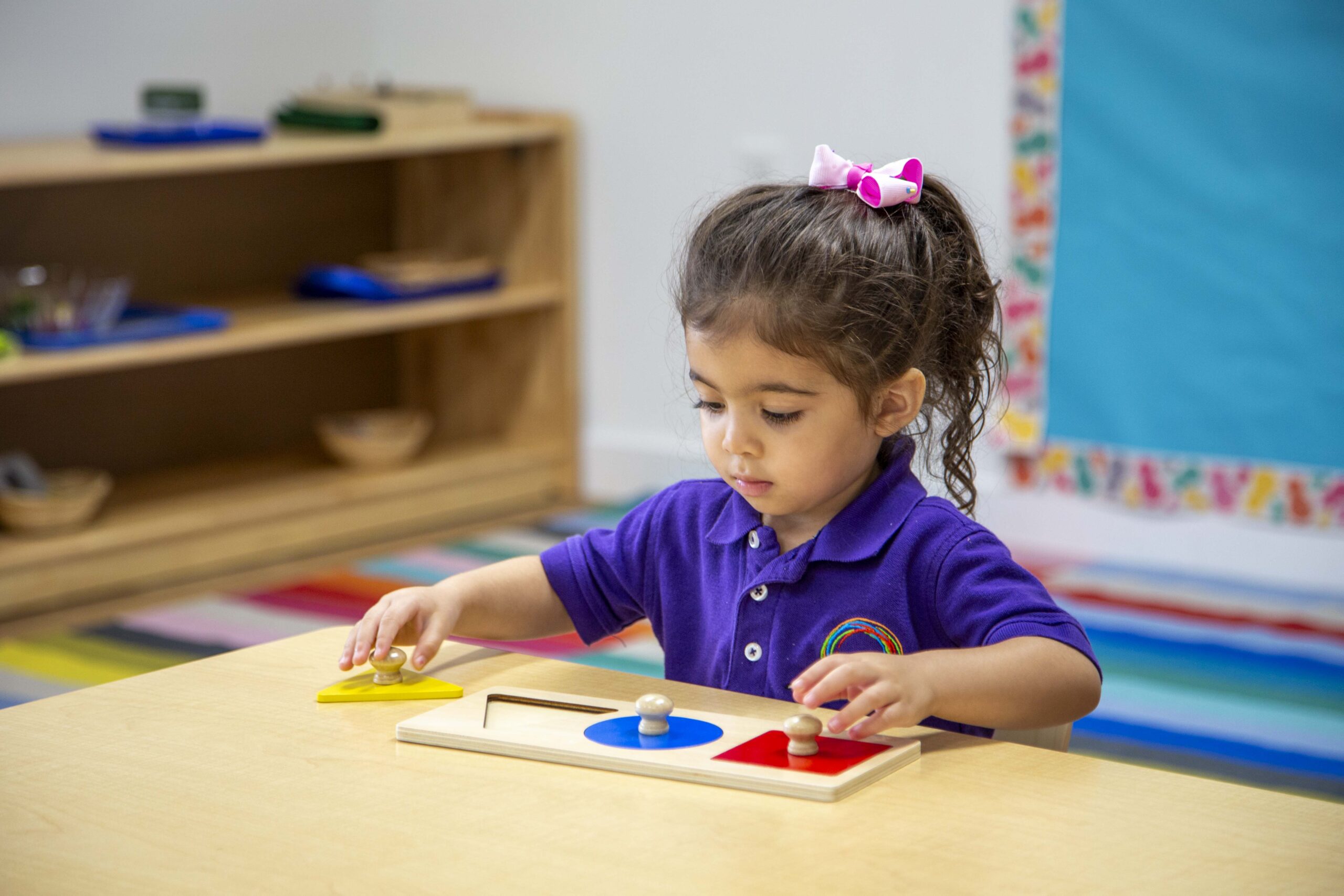Our Curriculum
Why Choose The Learning Nest?
We understand that every child is unique, and our curriculum options allow parents to choose the educational approach that aligns best with their child’s learning style, interests, and developmental needs.
Our dedicated educators are highly trained professionals who are passionate about early childhood education. They create a nurturing and stimulating environment, fostering the growth and well-being of each child.
Regardless of the curriculum chosen, we believe in providing individualized attention to each child. Our small class sizes allow our teachers to get to know each child’s strengths, areas for growth, and tailor instruction accordingly.
Both our Montessori and Center-Based Learning curricula offer comprehensive development across cognitive, social, emotional, and physical domains. We strive to foster a love for learning, independence, and a strong foundation for future academic success.
Our classrooms are designed to be vibrant, inviting, and child-centered. We provide stimulating materials, age-appropriate resources, and well-equipped learning centers to engage children in meaningful learning experiences.
We believe in the importance of strong home-school partnerships. We actively involve parents in their child’s education, encourage open communication, and provide opportunities for family engagement.


